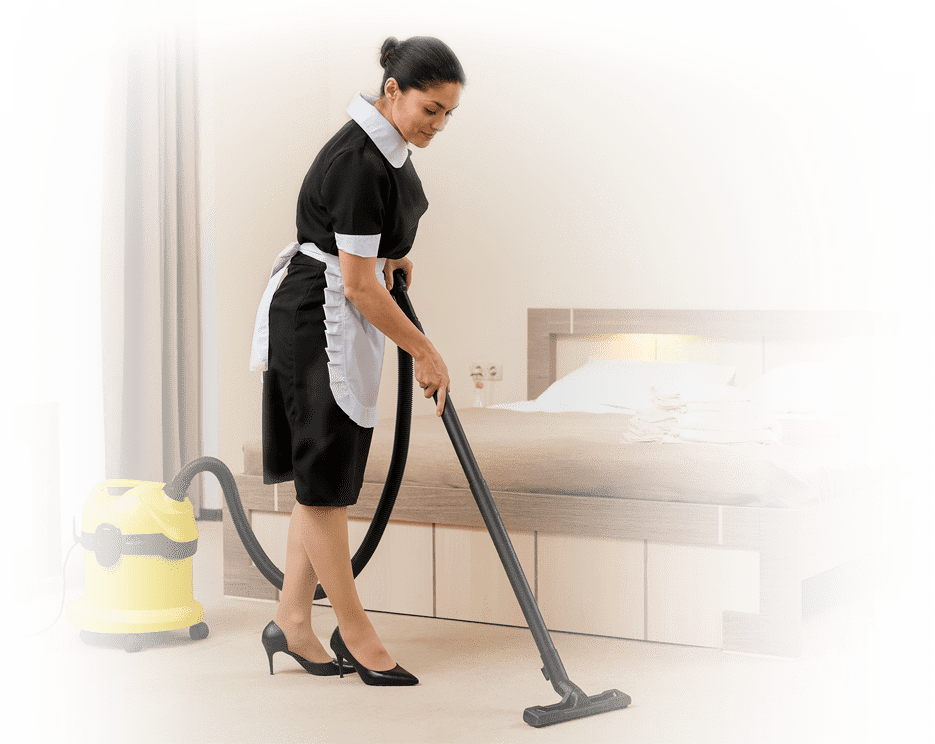The household staffing industry is constantly evolving to meet the changing needs and preferences of families. In recent years, thanks in large part to the COVID-19 pandemic and ripple effects thereafter, several trends have emerged in the domestic staffing industry. The household staffing industry has seen huge increases in demand on all types of domestic job titles, particularly elite roles. A nationwide increase in demand for nannies of all experience levels has also been seen, from small towns to major cities. Finally, changes in tax regulations and industry standards have given more incentives for both household employers and staff alike. As a whole, the latest trends in household staffing have led to more job placements, tighter competition, and an increased level of client satisfaction across the board. These trends reflect the growing recognition of the value that professional household staff can bring to a family’s life.
Competitive Markets
The current hiring market for household staff is one of the busiest in two decades, and employers must expect to compensate their workers more than pre-pandemic times. Elite, experienced staff have seen a huge increase in demand for their services, and may be in a position to be more choosy about the job placements that they consider. On the flip side, household employers who are prepared to compensate their staff well can set a high bar for their domestic staff. Compensation plays a significant role in tenure and turnover rates among household staff, as well as the level of client satisfaction all around. Well-paid staff perform well and remain at their postings for longer.
Tax Year 2023 Contribution Limits
Household staff employers may consider offering benefits such as retirement plans, health insurance contributions, and student loan assistance as part of their household staff’s compensation package. This can help to attract and retain top talent in the industry. In the 2023 tax year, some contribution limits remain the same as 2022 while other have increased. The contribution limit for Dependent Care Flexible Spending Accounts (FSAs) is $5,000 for households and $2,500 for married couples filing separately. Qualified Small Employer Health Reimbursement Arrangements (QSEHRAs) have a maximum annual contribution of $5,850 for individuals and $10,900 for employees with families. Health Savings Account HSA contributions can go up to $3,850 for self-only coverage and $7,750 for family coverage. Retirement plan contributions are up to $22,500 in 2023, up from $20,500 in 2022. Monthly limitations for the qualified transportation fringe benefit and the monthly limitation for qualified parking increased to $300, up $20 from the limit for 2022. Lastly, thanks to the CARES Act, employers can contribute up to $5,250 per year for an employee’s student loan repayment through the year 2025.
Household Staffing Industry Standards
Increased demand for household staff along with state law changes have led to a raised bar in certain domestic staff industry standards. States requiring paid sick and family leave are on the rise. Depending on your location, this can mean a required set amount of paid leave that employers must offer to employees, or it can mean required payroll contributions to state-run paid leave programs. It’s essential to check with your state’s labor agency to ensure you’re in compliance with paid leave requirements for your employees.
As such, increased demand for household staff have led to clearer expectations around paid vacation, sick time, and guaranteed hours.
Rising Minimum Wage Rates
Minimum wage rates are increasing in many states, which can impact the cost of hiring household staff. It is essential that household employers understand their state’s minimum wage rate. Offering less than minimum wage, or failing to adhere to their state’s overtime laws, are two top ways that employers violate wage laws. This leads to fines, penalties, and potential lawsuits.
Demand for Elite Domestic Staff
The last several years have seen a huge increase in the demand for elite domestic staff. Executive household managers, elite personal assistants, butlers, private chefs, and the like have seen a surge in demand for their services. High net worth families have demonstrated an increased desire for a full domestic staff team, including management roles. Bigger household staff teams require expert management skills to ensure estates run smoothly. While at first this trend in household staffing was seen due to increased time at the home thanks to COVID, nowadays many estate owners are returning to frequent travel and require experienced household staff to manage their properties while they’re away.
Evolving Trends in Household Staffing
In 2023, the household staffing industry is experiencing several trends that reflect the changing needs and preferences of employers and employees alike. From the competitive job market to changes in tax regulations and an increased demand for elite domestic staff, these trends are shaping the future of the household staffing industry. Those seeking to hire domestic staff can benefit from staying informed about evolving industry trends and working with professional agencies to meet their household staffing needs. Contact us today to get started!

